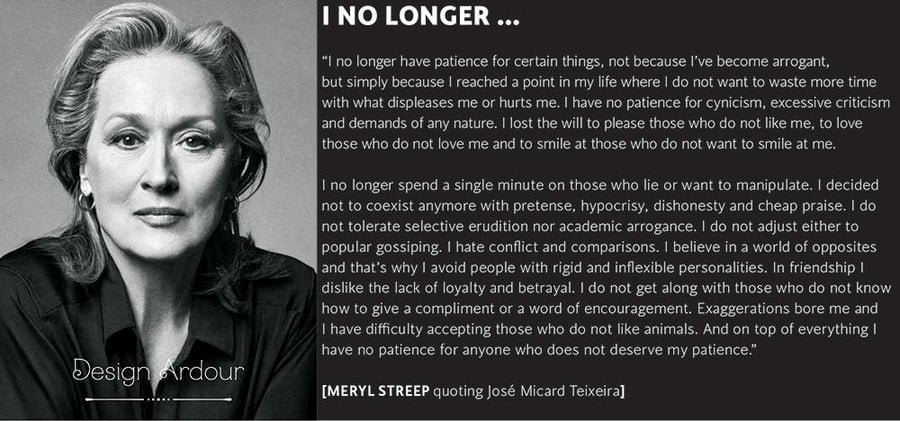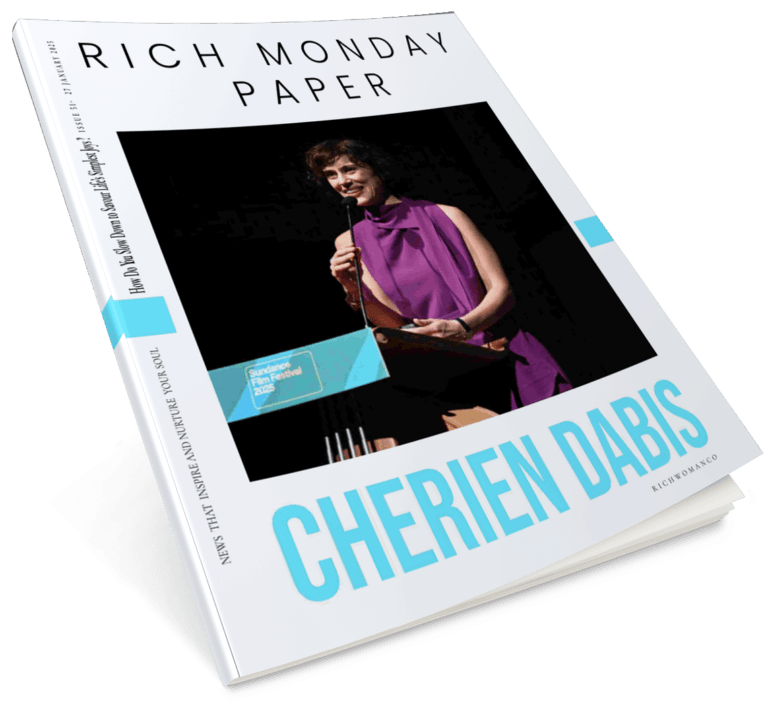José Micard Teixeira: Learning to Resonate with the Freedom to Create Your Own Reality
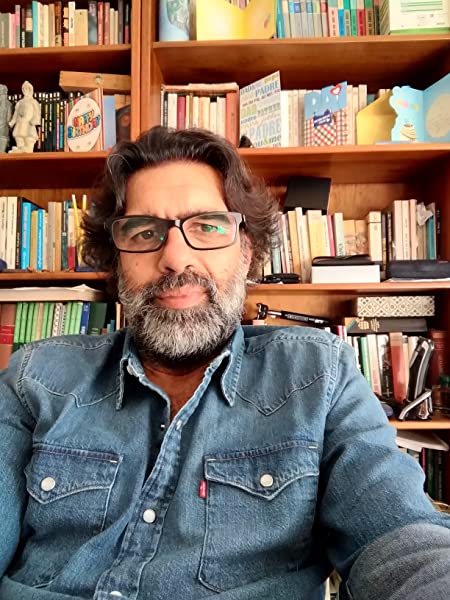
Self-awareness and self-acceptance, the cradle of authenticity, are tall orders but they give you the courage to celebrate your freedom. It is not often when I resonate with other people but I celebrate every person for who I see in them, not for what they are told they suppose to do with their life. Beyond social conditioning, there is a massive possibility to uncover the power within ourselves and shape our own reality. This adventure into the depths of our beings, will help us initiate the most important trade in our short existence: exchanging the to do list for the to be list.
Imagine understanding that the freedom to create your own reality is no longer a luxury but a necessity. The truth is very simple: we are the architects of our reality. On this voyage of life we are skilled navigators, charting our course, steering through the currents of societal conditioning and breaking the chains of limiting beliefs and expectations. Our thoughts, our actions, our choices – these are the tools we wield to sculpt the reality of our own David.
“I created a vision of David in my mind and simply carved away everything that was not David.”
Michelangelo
How do we come to terms with ourselves? Acceptance of our strengths starts with unlearning what we have been told and learning of our superpowers, embracing of our imperfections – these are not signs of defeat but rather, the marks of courage. In our relentless pursuit of conformity, we often stifle our essence, dimming the only light that we can’t switch of: self-acceptance. Like millions of others, I deeply resonated with a quote that Meryl Streep read eight years ago and it was finally published by the author José Micard Teixeira in his book “Tattoos on a Grain of Sand: A New Perspective in Life”
“I no longer have patience for certain things, not because I’ve become arrogant, but simply because I reached a point in my life where I do not want to waste more time with what displeases me or hurts me. I have no patience for cynicism, excessive criticism and demands of any nature. I lost the will to please those who do not like me, to love those who do not love me and to smile at those who do not want to smile at me. I no longer spend a single minute on those who lie or want to manipulate.
I decided not to coexist anymore with pretense, hypocrisy, dishonesty and cheap praise. I do not tolerate selective erudition nor academic arrogance. I do not adjust either to popular gossiping. I hate conflict and comparisons. I believe in a world of opposites and that’s why I avoid people with rigid and inflexible personalities. In friendship I dislike the lack of loyalty and betrayal. I do not get along with those who do not know how to give a compliment or a word of encouragement. Exaggerations bore me and I have difficulty accepting those who do not like animals. And on top of everything I have no patience for anyone who does not deserve my patience.”
José Micard Teixeira
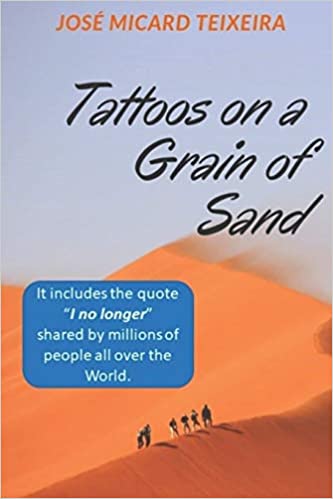
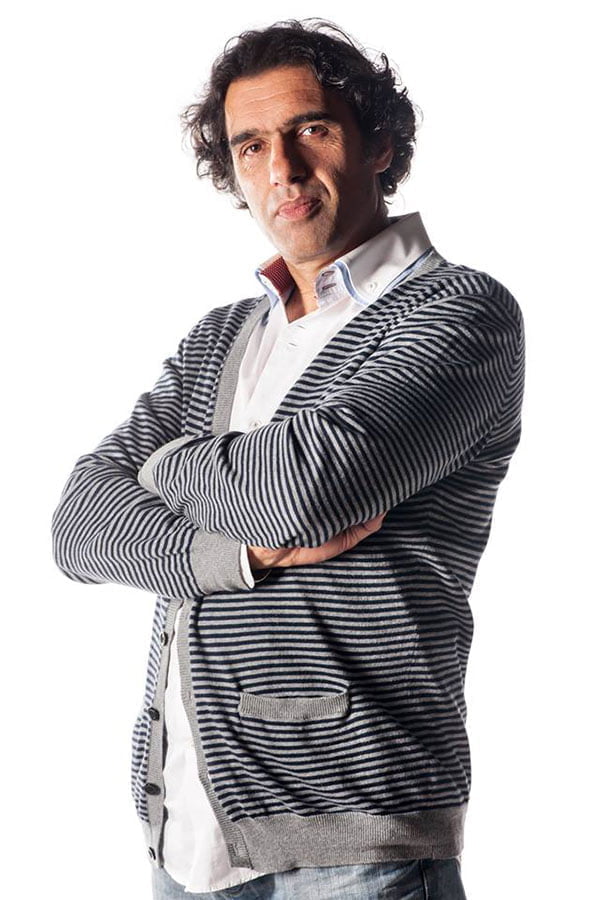
“Tattoos on a Grain of Sand: A New Perspective in Life” by José Micard Teixeira
In “Tattoos on a Grain of Sand: A New Perspective in Life,” José Micard Teixeira invites readers on an intimate journey of profound exploration and discovery. Imbuing an ostensibly tiny, ordinary object with a universe of meaning, Teixeira presents life lessons through an intriguing and metaphorical lens of ‘tattoos on a grain of sand.’
This profound narrative tells us that just as a grain of sand carries the history of our earth, each of us carries within ourselves the history of humanity and the potential of the universe. In the same way, every action, every experience, every emotion is tattooed on this tiny grain of our existence. It is our personal collection of imprints, our ‘tattoos,’ that make us who we are and shape our lives.
Through this insightful perspective, Teixeira helps us understand that our lives are as immense and meaningful as we allow them to be. Just as a grain of sand, when observed closely, reveals a world of complexity and beauty, so too can we find depth and richness in the mundane, if only we choose to look.
This new perspective, according to Teixeira, can help us see the beauty in life’s trials and tribulations, turning our perceived misfortunes into opportunities for growth and enlightenment. Each hardship we encounter, each ‘tattoo’ we accumulate, serves to enrich our understanding of ourselves and the world around us.
Drawing from his own personal experiences and rich understanding of human nature, Teixeira urges readers to embrace life’s imperfections and uncertainties. He encourages us to see the tattoos we etch on our grains of sand not as scars of past trials, but as symbols of our resilience and strength.
By using the metaphor of a grain of sand, Teixeira provides readers with a fresh, inspiring perspective on life and its endless possibilities. His exploration of the meaning and potential hidden within every moment, no matter how insignificant it might seem, invites us to reassess our own lives.
In “Tattoos on a Grain of Sand,” Teixeira succeeds in presenting a vision of life that is both humbling and empowering. His lyrical prose and thoughtful insights serve as a guide to self-discovery, inspiring readers to seek their own unique ‘tattoos’ and, in doing so, find a new, enriching perspective on life.
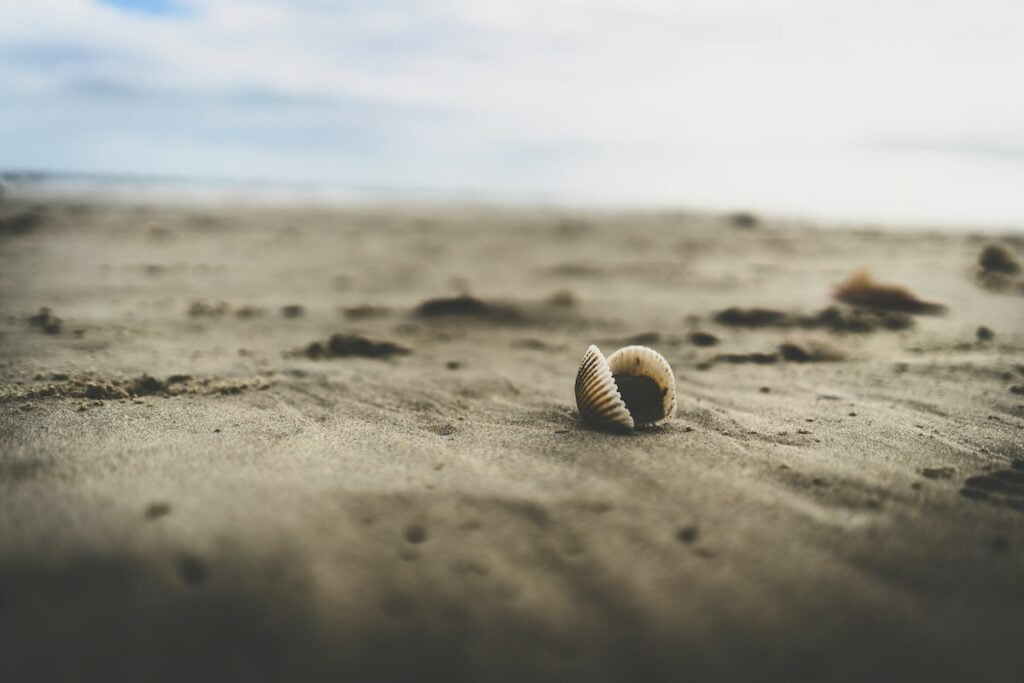
Learning to resonate with the freedom to create your own reality
Anytime I was asked how I dealt with the reality of being a widow with three children in a foreign country, I always had the same answer: Your reality needs changing, not you. We have been told that we need to change in order to be happy, but in my reality, I had to rather change the circumstances and situations in my life and focus on my life purpose. Being me. With all my perfect imperfections. Rejected, celebrated, loved, hated.
I remember being told that I have to be successful to be happy; it’s quite the opposite. Success does not necessarily equate to happiness. In fact, many people find that their pursuit of success and material possessions does not bring them the fulfilment and joy that they were hoping for.
This is where economics comes into play. We are conditioned to think of economics as simply the science of money and business, but unless we understand how our emotions and thoughts affect our happiness and well-being, there is no happiness. When we take a closer look at our thoughts and feelings, we can see which decisions will lead to happiness and which will lead to unhappiness.
The World Happiness Report, published annually since 2012, ranks 156 countries by how happy their citizens perceive themselves to be. The report takes into account factors such as gross domestic product, social support, life expectancy, freedom to make life choices, trust, and generosity. It’s important to note that while these factors do contribute to a person’s overall happiness, they are not the only factors at play.
So, what can we do to resonate with our reality and find happiness? It’s important to take stock of our thoughts and feelings and understand how profoundly they impact our well-being. Are there negative thought patterns that we can work on changing? Are there activities or hobbies that bring us joy and fulfilment? Can we cultivate gratitude and focus on the things in our lives that we are thankful for?
It’s also important to take care of ourselves physically and mentally. This can mean setting boundaries, practicing self-care, and self-compassion. It’s okay to ask for help and it’s okay to take time for ourselves.
Ultimately, resonating with our reality and finding happiness means living with intention and in alignment with our values and what makes us happy. It’s about creating a life that feels authentic and meaningful to us. This can look different for everyone and may involve making changes in various aspects of your life.
Happiness is not solely dependent on external circumstances or success. It’s about finding a sense of contentment and fulfilment within. By taking the time to understand the power of our thoughts and feelings and making choices that align with our values, we can create a reality that resonates with us and brings us happiness.
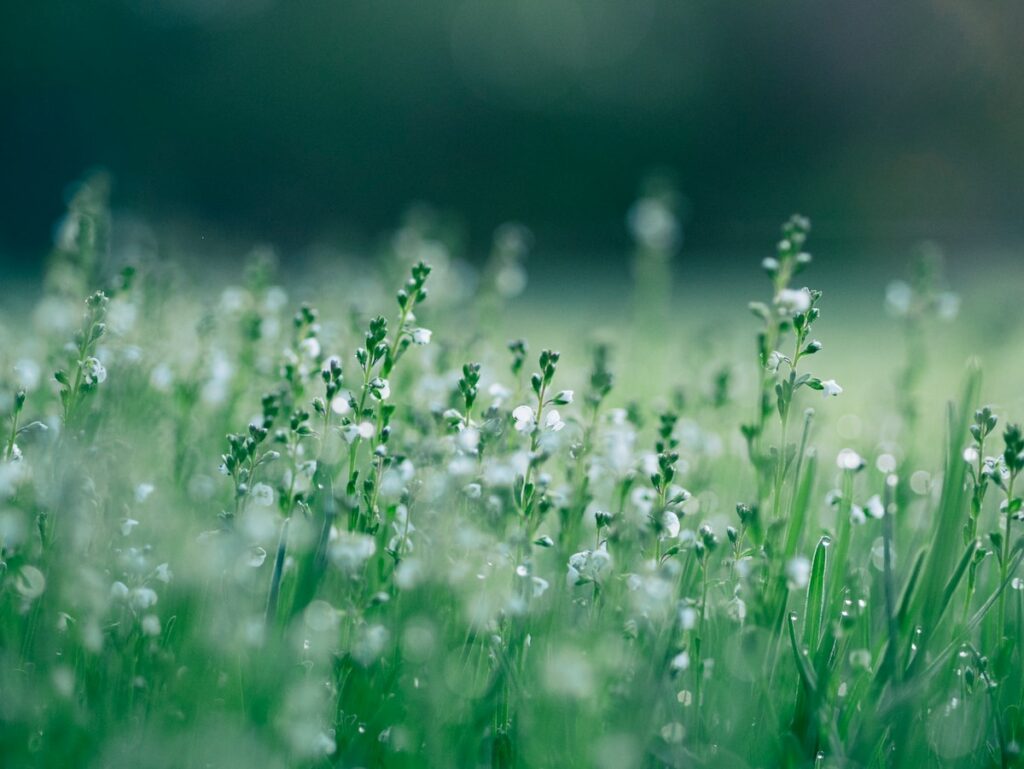
How do you celebrate your freedom?
Do you celebrate your freedom? This question, seemingly simple on the surface, is a profound invitation for introspection and self-awareness. It begs us to ask ourselves whether we fully acknowledge, embrace, and utilize the liberties we possess.
Freedom, in this context, is not only about the physical and societal liberties we enjoy. It’s also about our mental and emotional autonomy: the ability to think independently, to express ourselves authentically, to choose our path in life, and to feel our emotions without constraint or judgment. Do we recognize these freedoms and celebrate them?
Celebrating your freedom is an exercise in self-awareness, as it requires a deep understanding of your true self, your values, passions, dreams, and potential. To truly celebrate our freedom, we need to make better life choices, understand what bring us joy, fulfilment, and satisfaction. It means consciously making decisions that align with your authentic self and taking steps to live life on your own terms.
However, in the pressure of social conditioning and the rush of daily life, many of us often overlook this intimate but crucial aspect of our existence. We become caught up in societal expectations, personal obligations, or the pursuit of material success, often forgetting that we possess the ultimate liberty to shape our lives: the freedom to be you.
To be truly self-aware of who you are destined to be takes courage but remember: you already have the power to create your reality. It’s about acknowledging your feelings, desires, and thoughts, accepting your flaws and virtues, and understanding your reactions to the world around you. Celebrating your freedom is an act of exercising your self-awareness, an act of defining your identity and re-imagining your life based on your purpose.
So, if we circle back to the question, “Do you celebrate your freedom?” it serves as a an invitation to start seeing what you can’t see with the naked eye. It invites us to step back from our routine, reflect on our lives, recognize our inherent freedom, and actively celebrate it. This could mean taking time for self-care, pursuing your passion, standing up for what you believe in, or simply allowing yourself to feel and think freely.
Ultimately, celebrating our freedom is about celebrating who we are as unique individuals. It is a celebration of our unique experiences, thoughts, emotions, and our potential to shape our own destiny. So, I hope you will ponder upon this question, become more self-aware, and celebrate your freedom.
Do you want to share your story and inspire our readers ? Know that every story is paving the way for a brighter, happier future.
